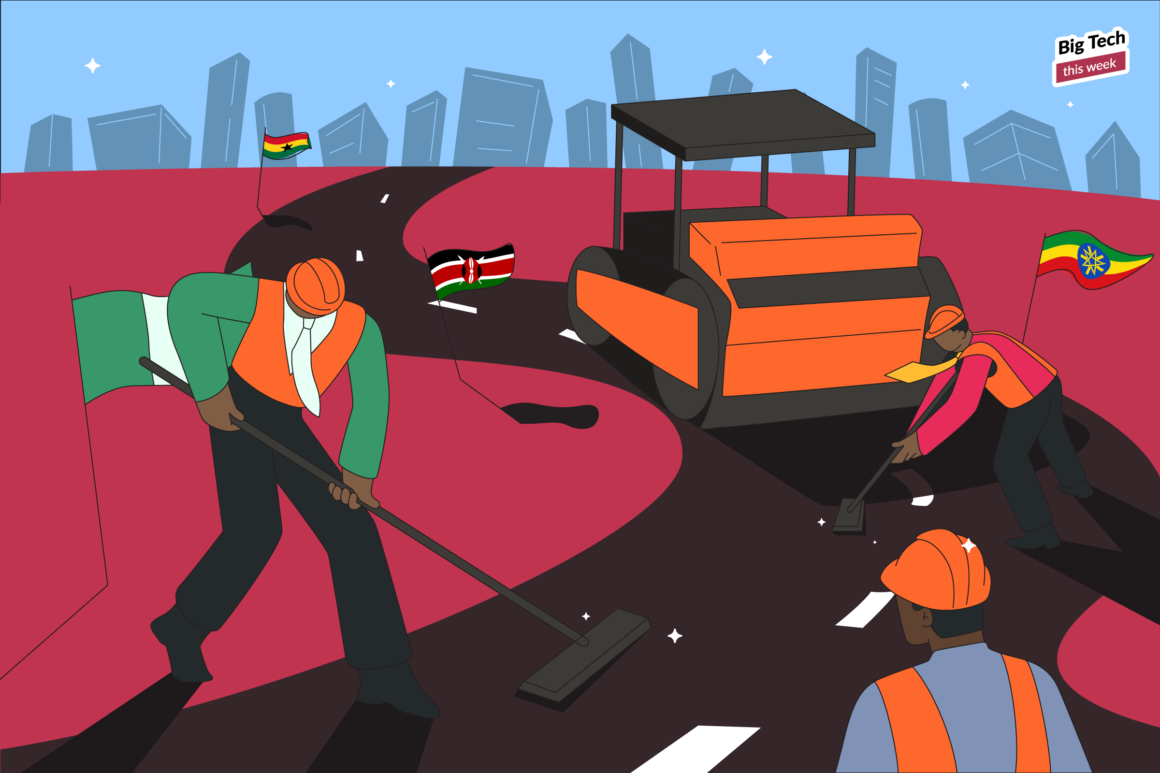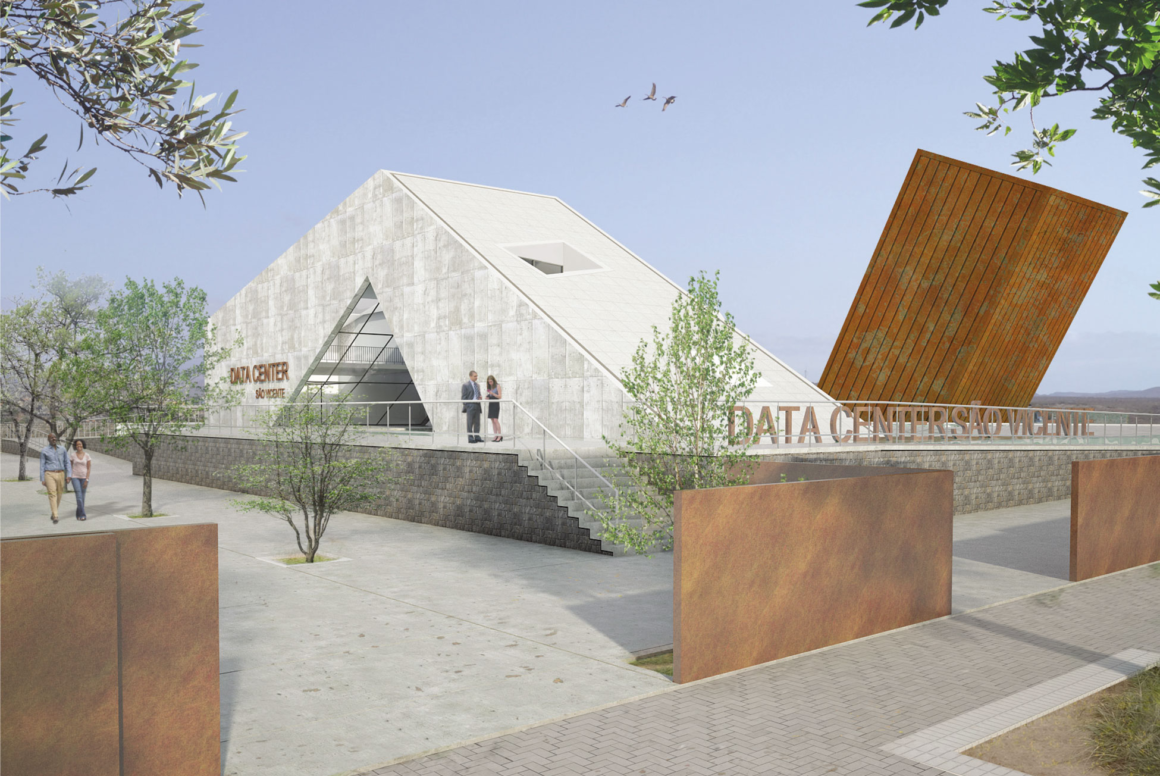Top of Mind: Happy Sunday!
Nigeria, South Africa, Kenya and Egypt are dubbed the Big Four in Africa’s tech ecosystem – but new players are making a play for the title.
This edition explores three countries building special cities to attract tech talent across Africa.
One big thing:
- The new tech cities.

The short: It’s an all-out competition as African countries spend millions of dollars to support startups and attract tech talent to their local ecosystems.
Government-backed: Africa’s leaders are laser-focused on accelerating growth in the tech ecosystem to support their GDP and foreign reserves.
Governments are building leverage by developing world-class infrastructure and enticing entrepreneurs to build businesses in their countries.
New Competition: In 2022, ‘The Big Four’ – Nigeria, South Africa, Kenya, and Egypt accounted for over 70% of all venture capital funding raised by African countries.
As expected, other African countries wanted in.
With hundreds of millions of dollars going into investments in the ecosystem, more countries joined the race to create opportunities for African founders to take up residency and grow their startups.
The countries challenging Africa’s big four:
Botswana

Just north of South Africa, Botswana is accelerating the pace of innovation in the country.
But that’s not enough.
With a price tag of $56m, Botswana is building an innovation hub in Gaborone, its capital city.
Covering 57 hectares, the Botswana Innovation Hub (BIH) will provide critical services to startups including:
- Incubation and acceleration.
- Access to funding and mentorship.
- Coworking spaces.
- Networking opportunities.
Considered one of Africa’s top 10 innovation hubs, the BIH already houses startups from fintech and health tech – with big companies like Google and Microsoft calling the BIH home.
The BIH is boosting Botswana’s reputation as a hub for innovation and entrepreneurship and attracting more startups and funding to the country.
Cape Verde

With an economy dominated by tourism, Cape Verde’s government is working to diversify its economy by launching a digital strategy and a technological park in the capital city, Praia.
With a bill of over $50m, the tech park covers 8 hectares and includes six main buildings – hosting a technology training centre, a business incubation centre, and a conference centre.
Why is this important?
Cape Verde is a strategic location for tech companies because Praia is a significant hub for multiple subsea cables.
The tech park displays the government’s ambition to transform the country into a digital Nation. It also launched a “Free Zone” for startups to benefit from tax breaks.
Rwanda

Things are heating up in the East, and Rwanda is coming for Kenya’s market share.
A relatively new player on the scene, Rwanda has been steadily growing as a reliable location for African tech startups to grow and thrive.
Rwanda has built a pool of skilled tech workers, including attracting talented founders to the country with their ease of doing business policies.
And that’s not all.
Rwanda’s living standards are affordable, making it a destination for entrepreneurs seeking residency outside their home countries.
But… the big project is the Kigali Innovation City.
Costing $300m, the Kigali Innovation City is built on a 61-hectare site in Kigali’s Special Economic Zone. The KIC will integrate university campuses, world-class incubation spaces, R&D facilities, hotels, student housing, etc.
Not just a hub, the Rwandans want the KIC to be the epitome of world-class city design, focusing on green, sustainable energy.
With this, the Rwandan government wants to use tech to stimulate regional economic growth.
A new competitor for Kenya?
Final thoughts: Most governments focus on creating an “enabling environment”, but other countries like Cabo Verde, Botswana, and Rwanda are investing heavily in infrastructure.
Previously, these countries wouldn’t be in any serious conversation about tech in Africa, but because of their intentional growth, they’re entering our vocabulary.
As founders and tech talent flock to these countries, the Big Four may be toppled with new players in a few years.
Thanks for reading! We’d love to hear your thoughts about this week’s issue.
Please respond directly to this email or find me on Twitter @fatuogwuche 🙂
And follow us on Twitter @bigtechthisweek.

